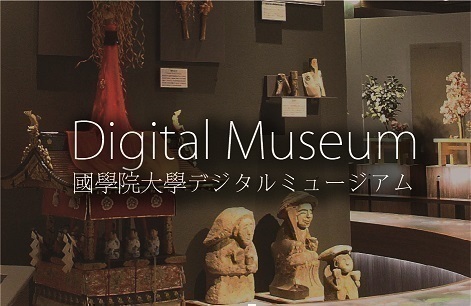- トップ
- Encyclopedia of Shinto
- Yaso-shima no matsuri
Encyclopedia of Shinto
| Main Menu: | |
| Links: |
詳細表示 (Complete Article)
| カテゴリー1: | 5. Rites and Festivals |
|---|---|
| カテゴリー2: | State Rites |
| Title | Yaso-shima no matsuri |
| Text | "Festival of the Yaso Island." An observance of the ancient to medieval periods occurring only once per generation, as a rule in the year following the Daijō sai conducted as part of the ceremonies for imperial accession (sokui). Imperial messengers chokushi (in particular, the Yaso Island Festival Representative and the Yaso Island Representative) were sent to the shores at Nanba, where the Yodo River flowed into the sea. In the section on occasional celebrations of the Engi Code, it is referred to as the Yaso Island Kami Festival. The first record of the observance dates from the year 850. Although it may have originated at an earlier date, historical evidence is missing. Involved in the celebration were imperial attendant handmaids (naishi no suke), Department of Divinities officials (miyaji), shrine virgins (mikannnagi), and koto musicians (mikotohiki). They played koto music at the ritual site on the beach, and shook the emperor's garments, which they took out from a coffer. So did messengers of the empresses and crown princes. Then ablutions (misogi) were performed and the ritual items were thrown into the sea. According to the Engi Code (Engi Shiki) the deities addressed in the ceremony included the four manifestations of the Sumiyoshi Deity, the four manifestations of the Ōyosami Deity, the two manifestations of the Watatsumi Deity, the two manifestations of the Tarumi Deity, and the two manifestations of the Sumiji Deity. A different theory holds that the deities invoked in the rite were the kami of the Ikushima and Tarushima islands. The purpose of the ceremony might have been to pray for the prosperity of the country or to ritually purify (harae) the bodies of imperial household members. Other theories suggest that it was an accession ceremony meant to attach the spirit of Ōyashima to the person of the new emperor or that it was a purification ritual strongly influenced by yin-yang divination (onmyōdō). The private character of the observance has also been pointed out. — Takamori Akinori |




